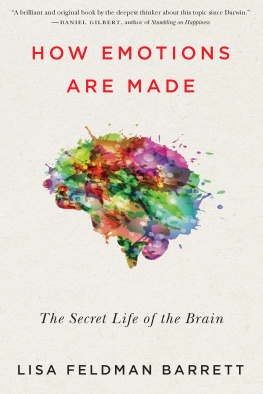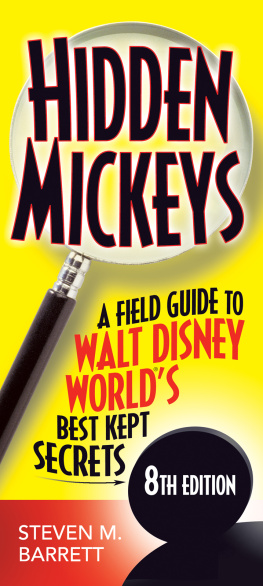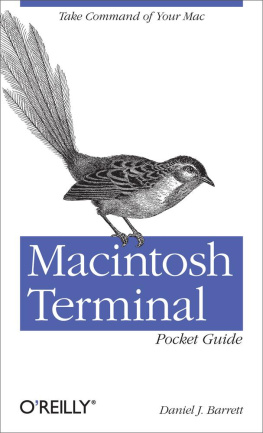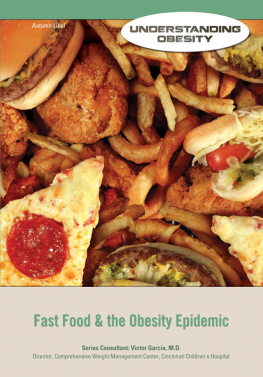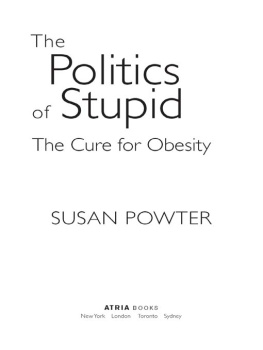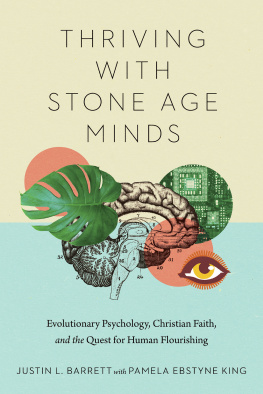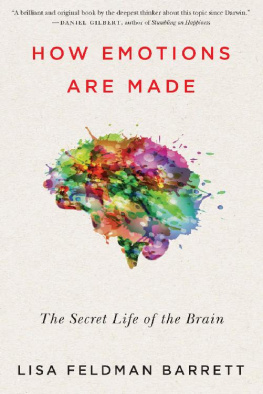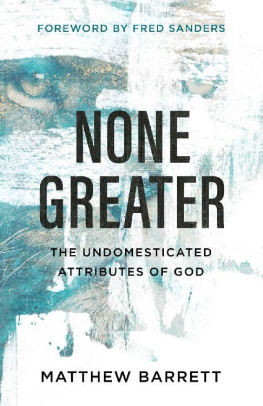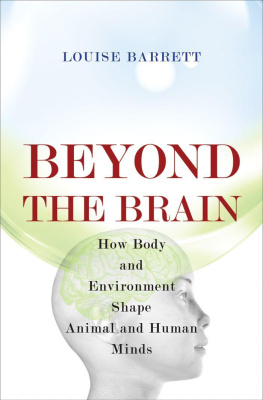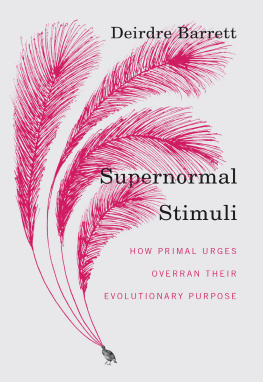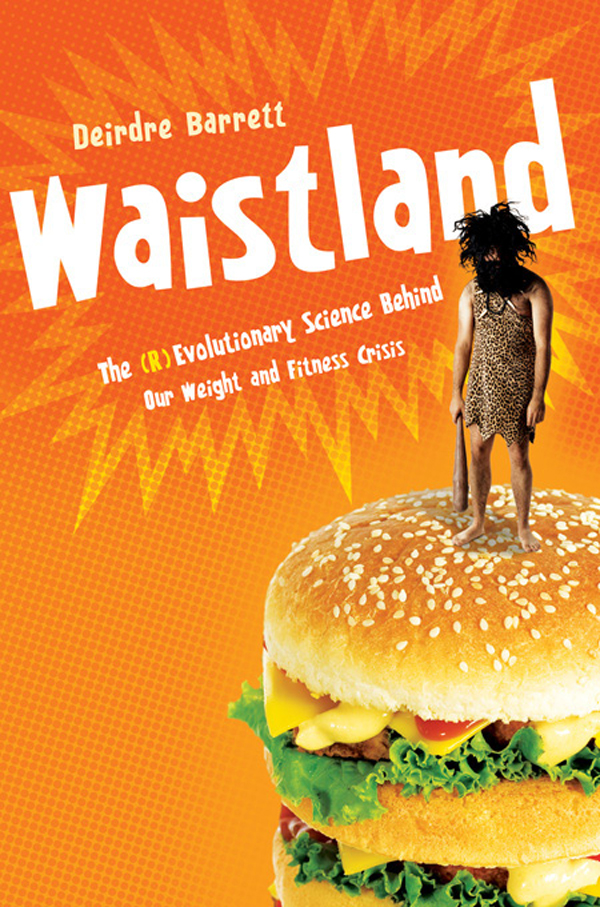
Also by Deirdre Barrett
Trauma and Dreams
The Pregnant Man
and Other Cases from a Hypnotherapists Couch
The Committee of Sleep
The New Science of Dreaming
Waistland
The (R)Evolutionary Science
behind Our Weight
and Fitness Crisis
Deirdre Barrett

W W Norton & Company
New York London
Contents
Which Came First: the Take-Out Fried Chicken or
the Cholesterol-Laden Egg?
The Bearable Lightness of Being:
Medical Views on Ideal Weight
Marching to a Different Drummer:
Strategies for the Individual in
an Unhealthy Society
Changing the Drumbeat:
Strategies for a Healthy Society
Dont Feed the Animals
Zoos across America post signs: DONT FEED THE ANIMALS. To young children, this looks mean-spirited. If they love the cute otter turning flips, why not share their potato chips or marshmallow cups? Adults quickly explain that what animals need is meat, fish, greens or chow pellets carefully engineered for a balance of nutrients. This is otter meal... lion food... elephant chow. The childrens well-intentioned offerings would make the animals fat, sick, short-lived. Chips and candy are human food .
Whats wrong with this picture?
Were similarly perverse when it comes to exercise. People rarely keep a dog in the city unless theres a yard or park nearby. A wheel is minimum equipment for a hamster cagemany now have elaborate gyms or mazes. We know pets grow unhappy and unhealthy without exercise. But how many people spend hours in front of a television without even thinking of getting on a treadmill or stair-climber (remarkably like modern, human hamster wheels), much less going for a run?
Years ago, zoo animals confined in small cages lay around, fought or bit their own skin. They behaved like people suffering from depression and neurosis. Zookeepers noticed and responded, and now you see animals in larger, more natural enclosures. When are we going to start being humane to humanswhy dont we make the same connection about how much of our rising rate of depression is due to inactivity? Were raising free-range chickens to feed to couch-potato people.

By 1995, Americas government, press and public were desperately aware that we were in the grip of an epidemic of enormous proportionsliterally. Two-thirds of Americans were overweight. Obesity was killing 300,000 people a year, sickening millions and costing $99 billion annually in medical costs. Weight-related illnesses were poised to overtake smoking as the major preventable cause of death.
So what changes have we made in the intervening decade? Weve eaten 50 percent more fast-food meals and five more pounds of sugar a year. Weve increased the number of vending machines in our schools and decreased physical education programs.
Whats going on?
We know we have a weight problem but were still looking for an easy way outand many diet programs encourage such fantasies. There are some diet myths that everyone now knows are false, even if were tempted to hang onto them as excuses:
You can diet to lose weight, then go back to eating as usual
You only need to eat heart-healthy after a heart attack
Home-baked must be good for you
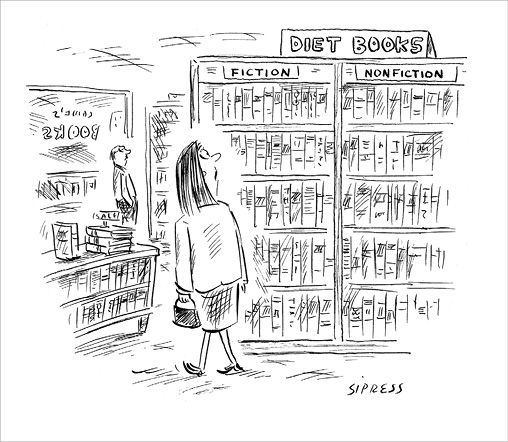
( The New Yorker Collection 2002 David Sipress from cartoonbank.com)
But theres a new set of diet myths:
It doesnt matter if you slip once in a while
A food treat is a good way to reinforce a diet
Diets shouldnt be too extreme or you wont stick with them
To stop overeating, you should listen to your body
The ideal you see in actresses and Miss America is too thin for health; this unrealistic ideal is fueling the obesity epidemic
Not one of these is true.
Slips from a diet or treats to reinforce one unleash a cascade of biochemical events: glucose, insulin and at least three different hunger hormones all shoot upward. Its much harder to stick with your diet the day after a lapse. Im going to tell you not to listen to your bodyat least not to its inborn preferences for fats and sugar or its conditioned demands for whatever junk foods youve eaten recently. And Im going to tell you that radical changes are necessary. Small ones just wont do it.
There is a good news side to this. At first, swearing off French fries sounds harder than ordering the small size, more difficult than a regimen where weight loss is rewarded with a serving of your favorite dessert. But research shows that in terms of habits and substances, radical changes are often easier . If its a hardship to go a week without eating a single cookie, then its natural to assume that it would feel infinitely worse to go five years without one. However, the basic physiology of substance addiction means that after withdrawal, hormones readjust and cravings diminish.
The first chapters of this book will describe what kind of diet our bodies are actually designed for and how modern menus have subverted our instincts to make us overeat. Ill challenge the myth that our current ideal is either too thin or much thinner than in most past eras.
The later chapters will describe what weas individuals and as a societyneed to do to reverse this deadly trend. I draw on my years as a therapist and faculty member at Harvards Behavioral Medicine Program for the most effective ways to lose weight: imagery and cognitive-behavioral restructuring. These techniques teach people to listen to logic and to eat foods that dampen rather than fuel hunger. Ill describe some of my patients and others who have beaten the evolutionary odds to lose weight and keep it off despite modern societys unprecedented challenges.
Our government, like us, has been hoping for an easy way out, pretending vague dietary guidelines will reverse the obesity epidemic and avoiding confrontations with Americas powerful food lobby. Theres an upside here, too: farmers can make at least the same money from broccoli if the government switches from subsidizing the growing of corn syrup to subsidizing the growing of healthy vegetables. Ill describe the radical changes necessary in advertising laws and food subsidies if weas a society rather than as a few maverick individualsare going to get healthy.
Waistland will argue that we must view the basic problem from the vantage point of evolution. A recurring concept throughout the book will be that of supernormal stimuli. This term, borrowed from ethology (the study of animal behavior), refers to artificial objects that appeal to our instincts more than the natural foods or activities for which those instincts were designed. Were programmed to forage for sugar and saturated fats because these were once found only in hard-to-come-by fruit and game. Now this programming lures us powerfully toward plastic-wrapped hunks of corn syrup solids and hydrogenated vegetable oils. Similarly hijacked instincts make us sit immobile for hours in front of electronic displays of other peoples lives. Were hunter-gatherers lost in a jungle of burgers, lounge chairs and TV remotes.
This book doesnt present a new dietthats the last thing we need. It does challenge a few diet truisms that are actually very bad advice. But most diet and fitness recommendations are sound and simple get more exercise, eat fewer calories, get those calories from vegetables and fish. Polls show that 95 percent of Americans know this, yet only 5 percent follow it. Well examine smoking cessation as an analogous problem that was recognized decades before society got serious about reversing the trend. Well explore evolutionary perspectives that help explain why people arent following the recommendations, whats wrong with current approaches to fitness and what will workboth for the individual and for society.
Next page

